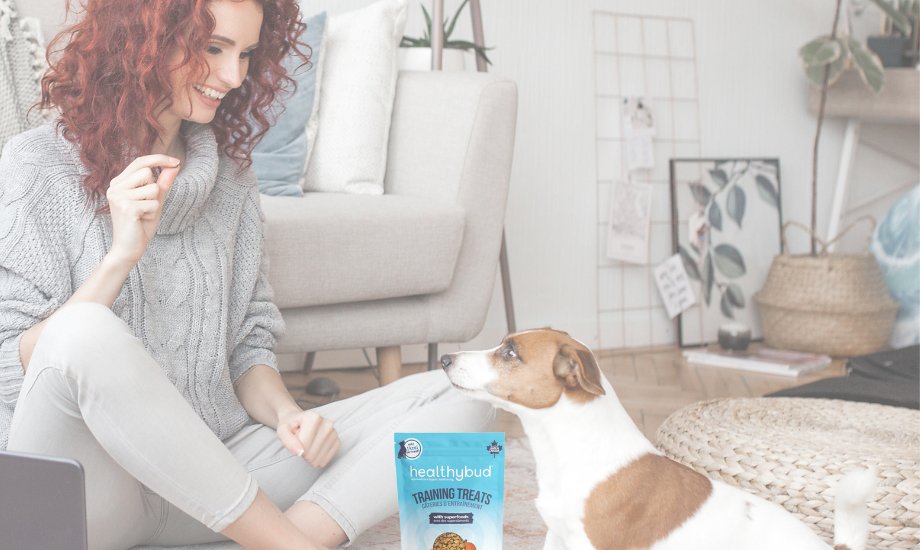
Having a dog in your life brings love, joy and companionship — but sometimes, it also brings the ear-splitting sound of non-stop barking 😬. While barking is a natural form of communication for our furry friends, excessive or inappropriate barking can quickly become a very irritating issue. But don’t panic! There are things you can do to train your dog to bark less.
Before we dive into those training techniques, it's important to understand why dogs bark. Common reasons include: alerting you about something, boredom, anxiety, or excitement. Identifying the cause of your dog's barking is the first step toward finding a solution.
Training Techniques
🦴 Positive Reinforcement
- Use treats or praise when your dog remains calm and doesn't bark in situations that usually trigger barking.
- Associate a command like "quiet" with calm behaviour and reward your dog when s/he listens.
🐶 Desensitization
- Gradually expose your dog to common triggers in a controlled way.
- Reward moments of quiet and slowly increase the exposure, reinforcing calm behaviour.
🎾 Provide Mental Stimulation
- Boredom can lead to excessive barking. Ensure your dog gets enough mental stimulation through puzzle toys, interactive games, and a variety of activities.
🎧 Ignore Unnecessary Barking
- Avoid showing your dog attention when s/he barks for unnecessary reasons.
- Ignoring the behaviour teaches dogs that barking isn’t the best way to get what they want.
🚫 Create a Quiet Zone
- Establish a designated space where your dog can retreat when feeling anxious or overstimulated.
- Make this area comfortable with their favorite toys and a cozy bed.
🐾 Use Distraction Techniques
- Redirect your dog's attention with a toy or a simple command when they begin to bark.
- Shift their focus away from the trigger to break the barking cycle.
📣 Consistent Commands
- Use consistent commands like "quiet" or "enough" when training.
- Ensure all family members and visitors follow the same guidelines for consistency.
🐕🐩 Professional Training Classes
- Consider enrolling your dog in professional training classes.
- Trainers can provide personalized guidance and help address specific behavioural issues.
Remember that each dog is unique, and the effectiveness of training methods may vary. But by using positive reinforcements like training treats, understanding triggers, and creating a supportive environment, you can foster a quieter, more peaceful lifestyle for both you and your pup.
Stay healthy, stay happy, stay curious, #Healthygang!






